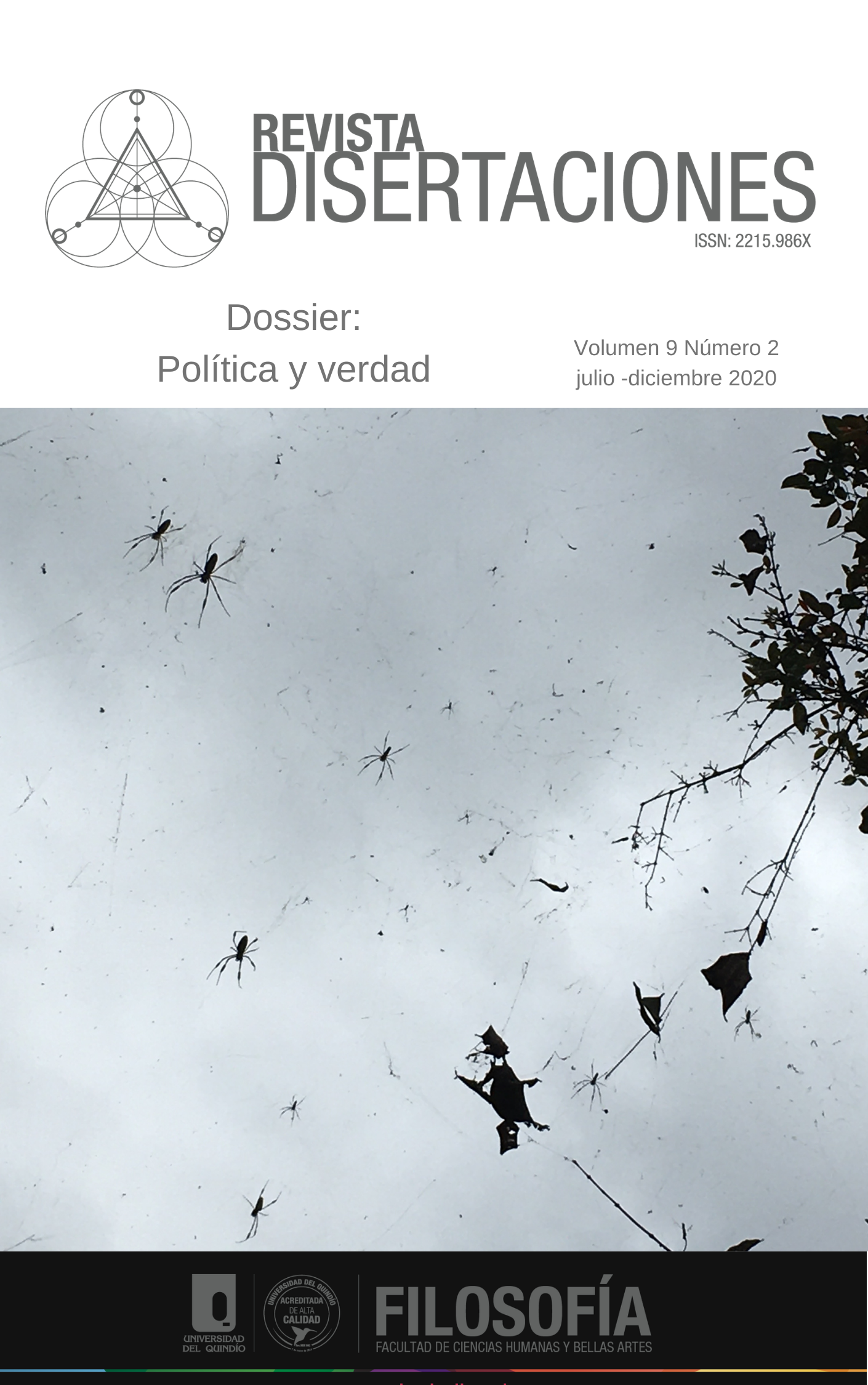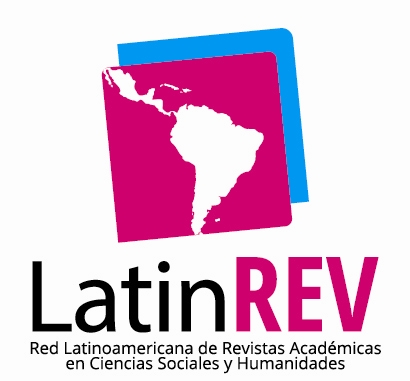Modern Revolutions and its Histories Incarnated in Political Agents
DOI:
https://doi.org/10.33975/disuq.vol9n2.392Keywords:
Hanna Arendt, Political Theory, Postmodern Philosophy, Citizens, RevolutionsAbstract
Hannah Arendt's political philosophy turns out to be, from different readings prepared by her critics and followers, a social (philosophical) study marked by hits and misses in her sanctioning position before freedom of expression in the current polis' scenarios. In these scenarios, it is possible to express ideas on what life in a city must be like, regardless of their nature. This is the scenario people have to claim their existence in the world of political activities.
This paper presents a further analysis of two of the events that marked Arendt's theoretical exercise. These events served to support the historical events that would later introduce the modern period. In other words, the period of the French and American revolutions. This document is based on personal interests to study the social uprisings that sparked the revolutions mentioned above, which marked Western history. There is also a particular interest in knowing those who sacrificed in both events regardless of their political affiliation. Finally, this paper focuses on Arendt's misconceptions that caused her inaccurate historical analysis when studying these events from a historical perspective, but from speculative theoretical anxiety. In turn, that will explain why she understood one revolution as a complete success, while the other one as a failure and a waste of time.















